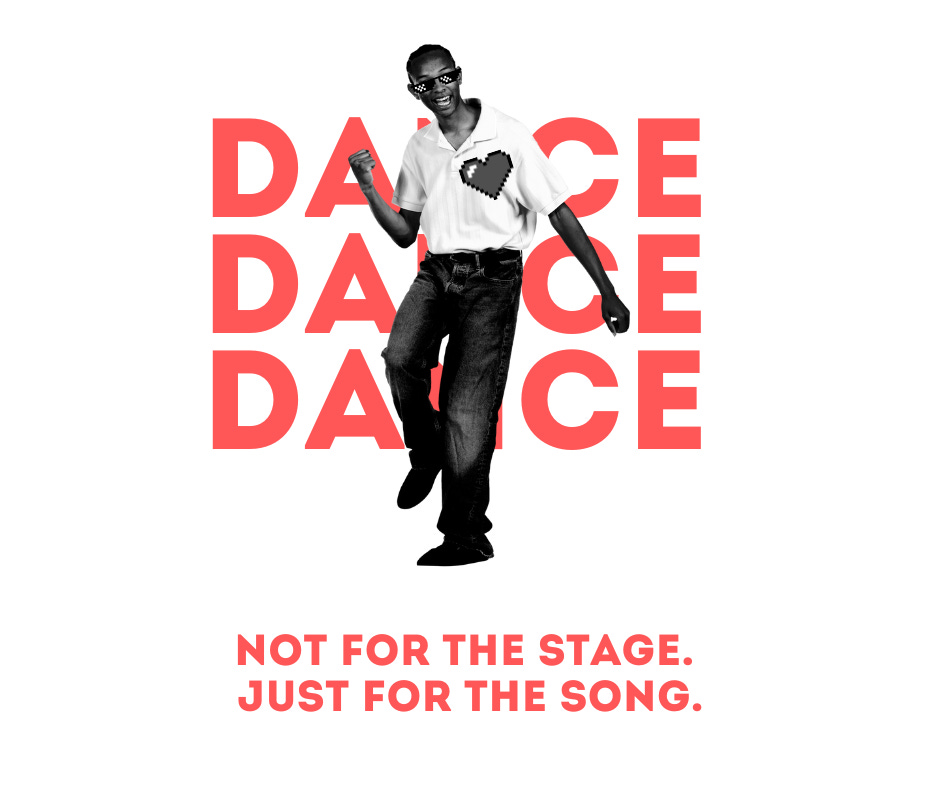A friend of mine—let’s call him James—once spent five years training for an Ironman. Five. Years. We're talking pre-dawn swims in January, 4-hour bike rides in the rain, quinoa everything. He tracked his macros with Olympic precision and once canceled a date because it conflicted with his “restorative stretching window.”
When he finally crossed the finish line (and threw up on a very expensive pair of sneakers), he looked around and said: “Huh. That’s it?”
Now, if you’re imagining some grand, euphoric moment where he finally discovered his true self—nope. He just sat down on the curb and ordered a burrito.
Now, James isn’t some melodramatic dude who wanted a bigger trophy. He’s smart, grounded, and goal-oriented. But, like many of us, he fell into the trap of chasing something because he thought it would fulfill him. He believed the summit would be life-changing. Instead, he got altitude sickness and a participation T-shirt.
It wasn’t that the Ironman wasn’t hard. Or impressive. Or meaningful to someone. It’s just that... it wasn’t meaningful to him. Not in the way he hoped it would be.
This, my friends, is what I call counterfeit purpose. It’s that sneaky, seductive idea that if we just hit that next milestone, then we’ll finally feel fulfilled.
Yvon Chouinard, the founder of Patagonia, once described this as “climbing to the summit and finding there’s nothing there.” A little bleak, sure. But also… kind of liberating?
Because some of the most “successful” people on the planet—people who have the medals, a skincare routine that costs more than your rent, and probably a sneaker line—say the exact same thing. Tom Brady: “Why do I have three Super Bowl rings and still think there’s something greater out there for me?” Kevin Durant: “I thought a championship would fill the void. It didn’t.” Jim Carrey: “I wish everyone could get rich and famous so they can see that’s not the answer.”
Success doesn’t always scratch the itch. Sometimes it just moves it somewhere you can’t reach.
Maybe the problem isn’t the summit. Maybe it’s the assumption that the summit is the point. What if the doing is the win?
One of my favorite examples comes from Hasan Minhaj. Before he was, well, Hasan Minhaj, someone asked if he thought he’d “make it.” And he said, “I don’t like that question.” Because that question assumes the win is later. He said, “The set I get to do tonight at 7:20 PM is the win. I get to do comedy. I won.”
Mic drop.
Hasan wasn’t chasing a crown. He was doing the thing he loved, and that was enough.
There are people with extraordinary talent who dread what they do every day. And others who have modest skills but light up every time they get to do their thing. Guess which ones stay energized, fulfilled, and fully alive?
When you see the doing as the win, not the outcome, the process becomes the reward.
The dinner you cook. The class you teach. The spreadsheet you obsess over (we all have our thing). Not for the likes, but because it lights you up. Not because someone’s clapping. Because you love the song.
Now, this doesn’t mean we shouldn’t have goals or ambition (you know I love a good moonshot plan). But the purpose of your purpose can’t be just the payoff. If you’re grinding for years toward something you secretly don’t care about—or worse, something someone else told you to care about—then no trophy or TED Talk is going to fill the void.
Joy is not a trophy. And meaning doesn’t come with a standing ovation.
When our identity gets so tangled in the outcome, we forget to ask the most important question: Do I love the process as much as I think I want the result? Am I doing it for the applause, or because I love the song?
Edge Thought of the Week
This week, ask yourself: What’s something you’re doing because you truly love it—not because it looks good on paper or earns you applause?
Write down what makes you feel most energized. Not proud, not productive, not praised. Energized. Then ask yourself: How can I do more of that, even if no one is clapping?





Is it possible that James was experimenting? Experimentation takes hard work and pain, and maybe the pay off isn't what he had hoped for, but at least he got an answer that he can cross 'completing Ironman' off his list as that elusive something.
Also, for some folks, they really maybe do just do it for the applause; maybe because they didn't get enough positive reinforcement or attention in their childhoods. And that is just the curse, because they have no idea what energizes them because they have no infrastructure for reflections or self awareness.
I enjoyed this article, and I've had a similar (albeit less intense) experience as your friend James.
Last summer I walked almost 200 miles of the Camino de Santiago. And when I got to the final destination, I actually felt *disappointed* that the journey was over.
That trip helped me realize that so many of the meaningful parts in life is about making meaning from the journey, not just the end goal.